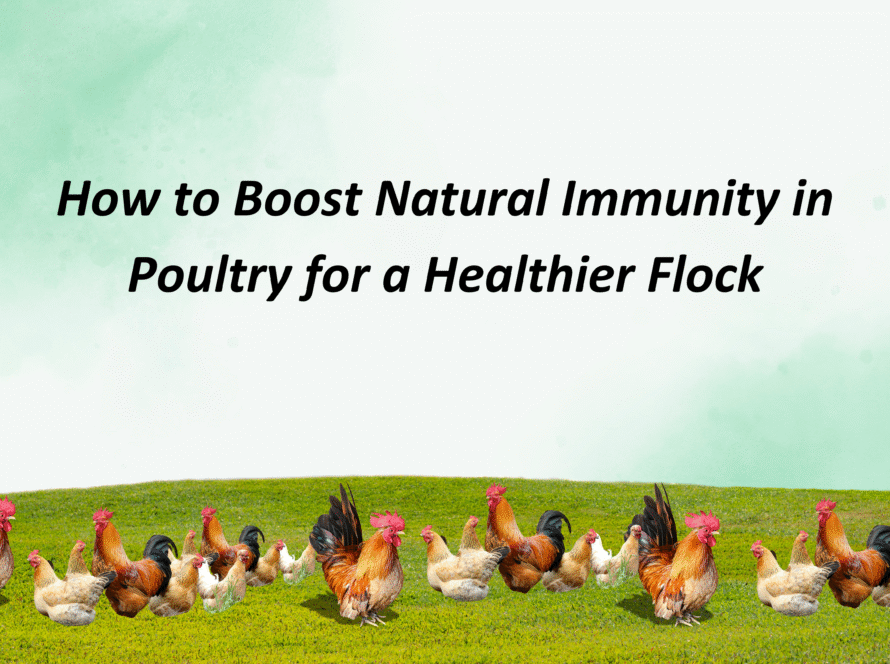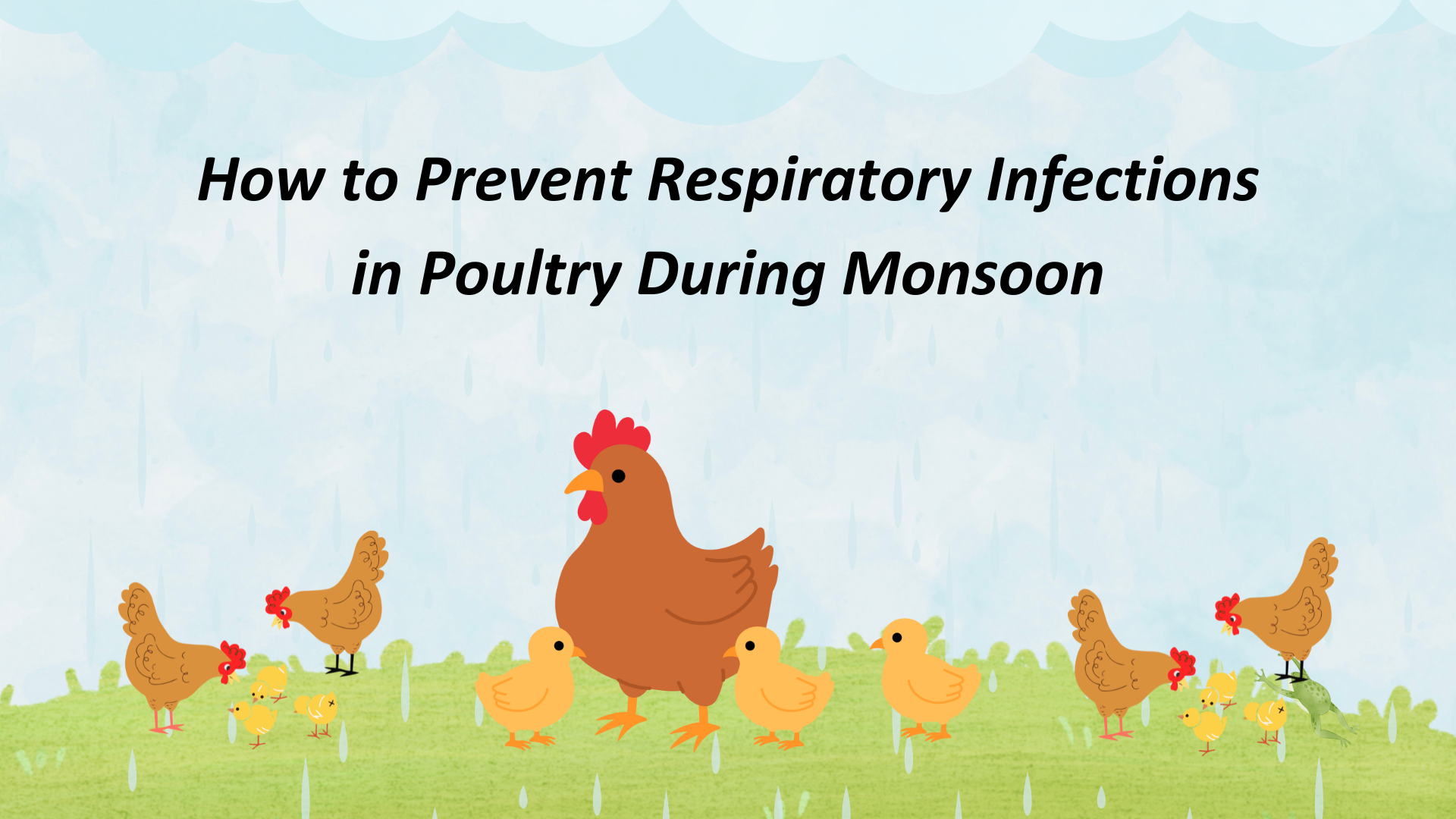
Monsoon brings relief from the heat — but for poultry farmers, it also brings new risks. One of the biggest challenges is ensuring poultry water safety during monsoon. Contaminated water can spread diseases, reduce feed intake, and seriously affect flock health. Protecting water sources is essential for survival and performance.
Why Water Safety Is a Bigger Concern During Monsoon
The rainy season introduces several water-related problems. Overflowing drains, muddy surroundings, and stagnant water increase the chances of bacterial contamination. With such conditions, ensuring clean water for poultry becomes much harder but also more important than ever.
If not managed properly, birds may consume polluted water, which can lead to outbreaks of diseases like E. coli, salmonella, and coccidiosis — all of which thrive in wet, dirty environments.
Steps to Maintain Poultry Water Safety During Monsoon
To protect your birds from water-borne diseases and ensure their health, here are some practical steps to follow during rainy months:
1. Use Covered and Elevated Water Tanks: Keep water tanks and storage containers covered and raised above ground level. This prevents rainwater, mud, or insects from entering. Make sure the lids are tightly sealed and inspect them regularly.
2. Install Water Filters or Purifiers: During monsoon, installing basic water filtration systems can make a big difference. Filters help remove dirt, algae, and bacteria before water reaches the birds. A second layer of treatment — like using potassium permanganate or chlorine under vet guidance — ensures safety.
3. Flush Water Lines Regularly: Water lines can easily clog or develop bacterial films in humid weather. Flush all pipelines at least twice a week using warm water or recommended sanitizing solutions. This step is vital for monsoon poultry care.
4. Clean Drinkers Daily: Manually clean all drinkers and water trays once or twice a day. Dirty drinkers quickly become breeding grounds for harmful organisms during rainy seasons. Use a brush and mild disinfectant safe for birds.
5. Prevent Standing Water Around the Shed: Ensure there’s no stagnant water near your poultry shed. Good drainage helps avoid contamination risks. Even small puddles can attract mosquitoes and other pests that threaten flock health.
Additional Tips for Monsoon Poultry Care
- Use water-soluble probiotics or gut-health enhancers
- Offer electrolytes to prevent stress from humidity
- Monitor water intake — sudden drops could mean contamination
- Train workers on hygiene protocols specific to monsoon
Conclusion
In conclusion, poultry water safety during monsoon should be a top priority for every farmer. With increased chances of contamination, proper monsoon poultry care practices can make the difference between a healthy flock and a disease outbreak. Remember: safe, clean water for poultry isn’t a luxury — it’s a necessity.


